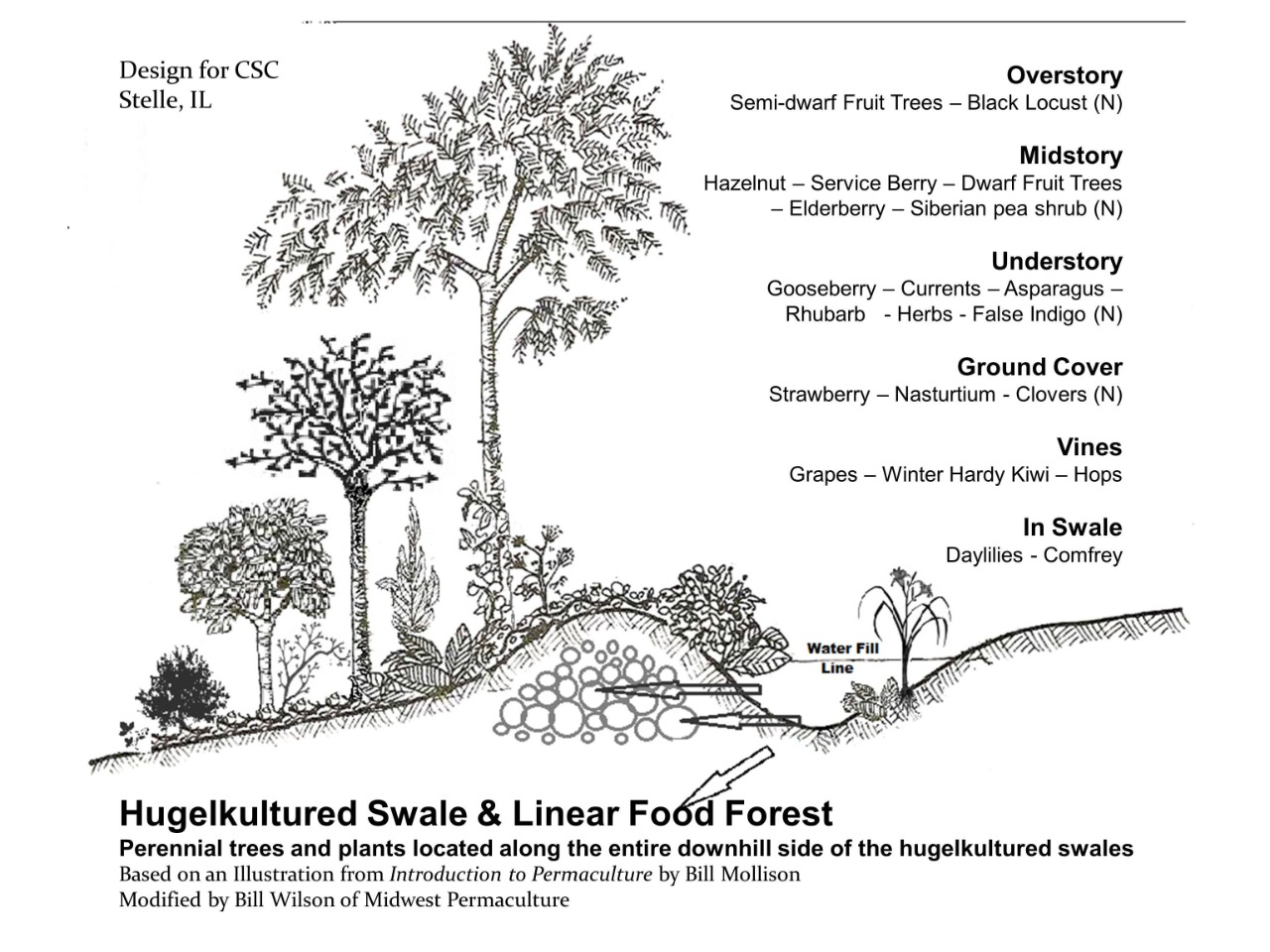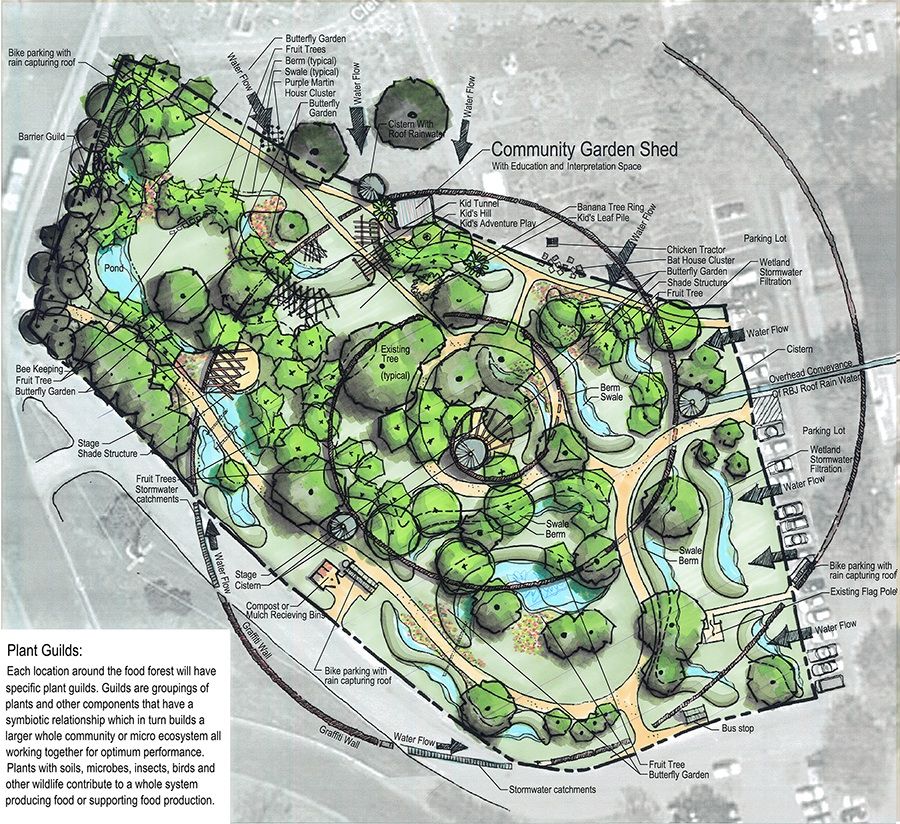

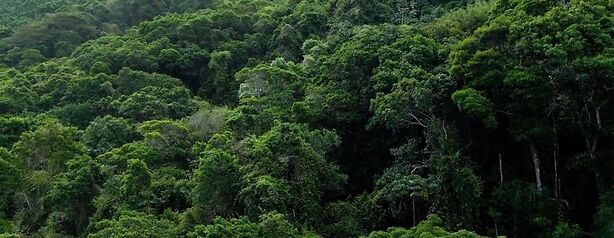

Moksham is committed to coexisting in harmony with nature, protecting the Earth, and living an ecologically conscious life. Transformation is a holistic process, and cannot be completed unless it encompasses the way of relating with all that exists.
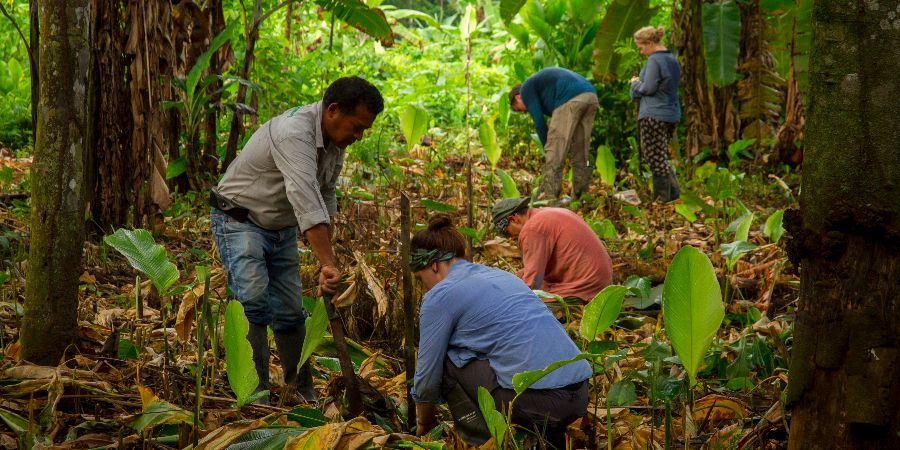
Our aim is to reforest the 20 hectares of land that we live nearby to serve three purposes, 1 offset carbon, 2 attract wildlife, 3 to sustainably provide food for humans and animals. Once we have achieved this we hoe to raise money to buy further land for reforestation.
How Can you help?
- Volunteer with us to take part in our reforestation project next winter.
-Donate to the program by buying trees.
-Donate trees, knowledge, seeds, fence posts or fencing to us.
-Start a campaign to raise money for our reforestation program.
-Share any of our below blogs or facebook posts on reforestation.
-Plant a tree in your garden, a friends garden or join a reforestation or tree planting effort in your area.
Every time food is grown for us energy is required to grow it in the form of petrol for equipment, chemicals for fertilisers and oil for transport. Every time we buy appliances or clothes, when we wipe our behinds, use a printer, turn on a kettle or open a fridge door we are doing something ad for the environment. The best way we can offset this is to buy trees and plant them. So please offset your carbon and the damage you are creating by being hereby contribution to our reforestation program either by volunteering or a financial contribution or by any other means.
As much as reforesting an area is changing the environment and can be seen by environmentalists as bad for the current life there, we believe that we should be reforesting agriculture land to offset carbon and create a habitat for life that once lived in the forest. Each year we will continue to plant a mix of native long-lived trees, faster-growing pioneer trees and trees that will be thinned out as the forest matures to provide sustainable timber and firewood for us and the local community. The forest should also supply food and shelter to both animals and foraging for humans.
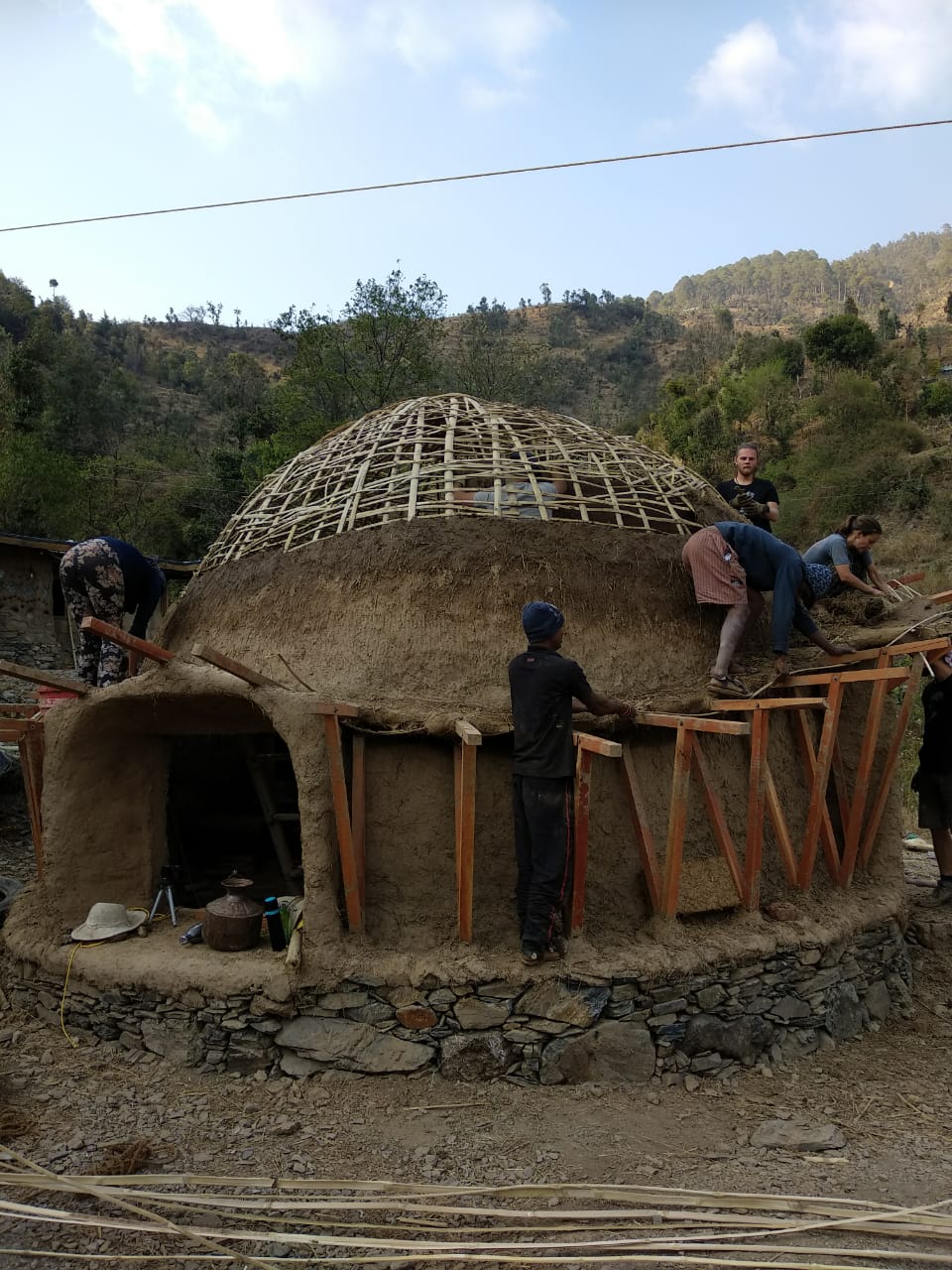
Natural building is one of the oldest ways of building. It was at one point the only way of building. Derived from the observation of nature and wildlife, we learned how to shelter ourselves by using natural materials found on the land. Some of the oldest buildings known to man are made from natural materials. Only in the last 200 years has natural building taken a back seat to what we now know as conventional building. Since the standardization of building materials in the early nineteenth century, natural building has often been viewed as substandard.
Conventional building and natural building are fundamentally different. Conventional construction primarily uses manufactured building materials. Conversely, in natural building the majority of building materials are found on the land or nearby. Natural building materials include stone, earth, clay, sand, straw, wood, and water. The purchasing of manufactured products is limited. Windows, doors, and fixtures are mostly salvaged. Structural materials and hardware, such as nails, screws, bolts, straps, and concrete are purchased new and of the highest quality.
Natural building is easy in concept. Use what is available on the land or nearby. Design the home to harness the sun's heat in the winter and provide protection from the sun in the summer. Most importantly, build the home to be your temple, in balance with nature, connected to the earth, and to house your inner sprit. The energy derived from building naturally with intention, cannot be put into words, it can only be experienced. Building with natural materials in this way creates a shelter that is healing to the mind, the body, and the spirit.
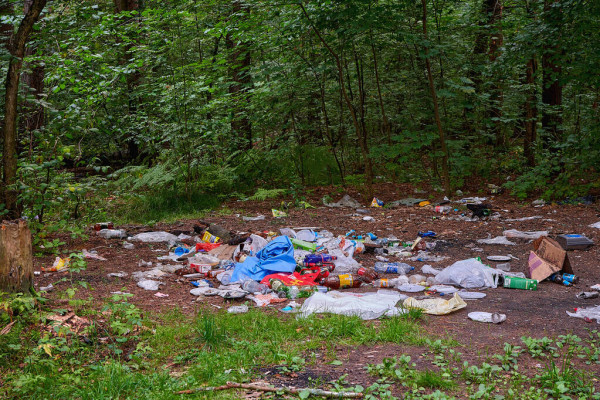
The carbon footprint is also reduced by eliminating single-use packaging such as plastic, tetra packs,
and aluminum. The Jungle Shop has minimized the use of plastic by providing only refillable glass and paper
containers.
Visitors are asked NOT to bring non-rechargeable batteries, or plastic waste such as disposable bags and water bottles.
The Soil Center is in full production transforming organic waste into nutrients for the soil using biochar and vermiculture techniques. Soil erosion is controlled through planting and swales.
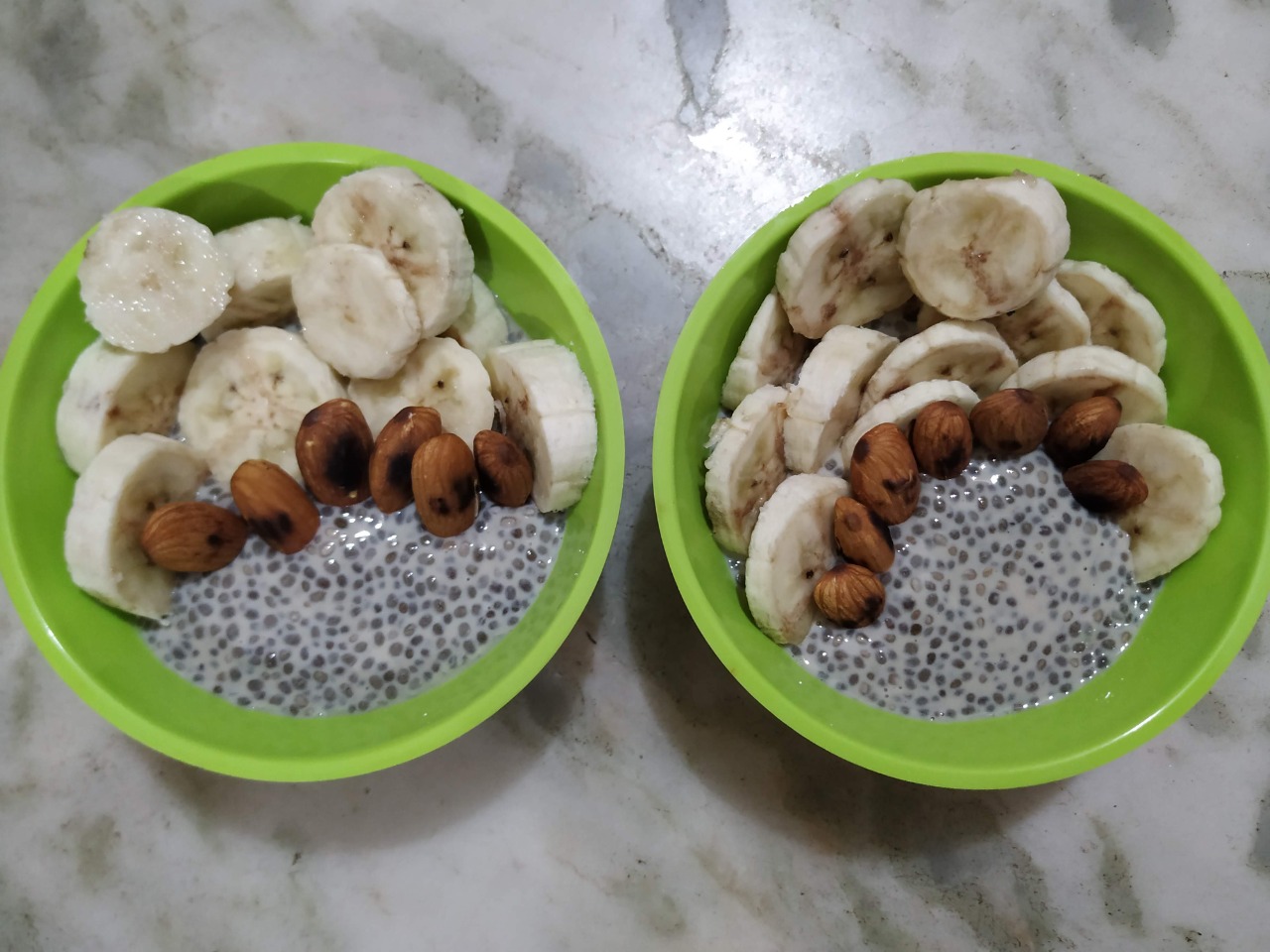
Moksham is making a supreme effort to bring in only organic produce and is partnering with local farmers, reducing the carbon footprint as well as supporting local agriculture.
The food grown and harvested in Moksham is 100% Organic. Many types of potent superfoods, leafy greens,
and fruits are harvested on the land such as turmeric, mangoes,mahulies, and herbs.
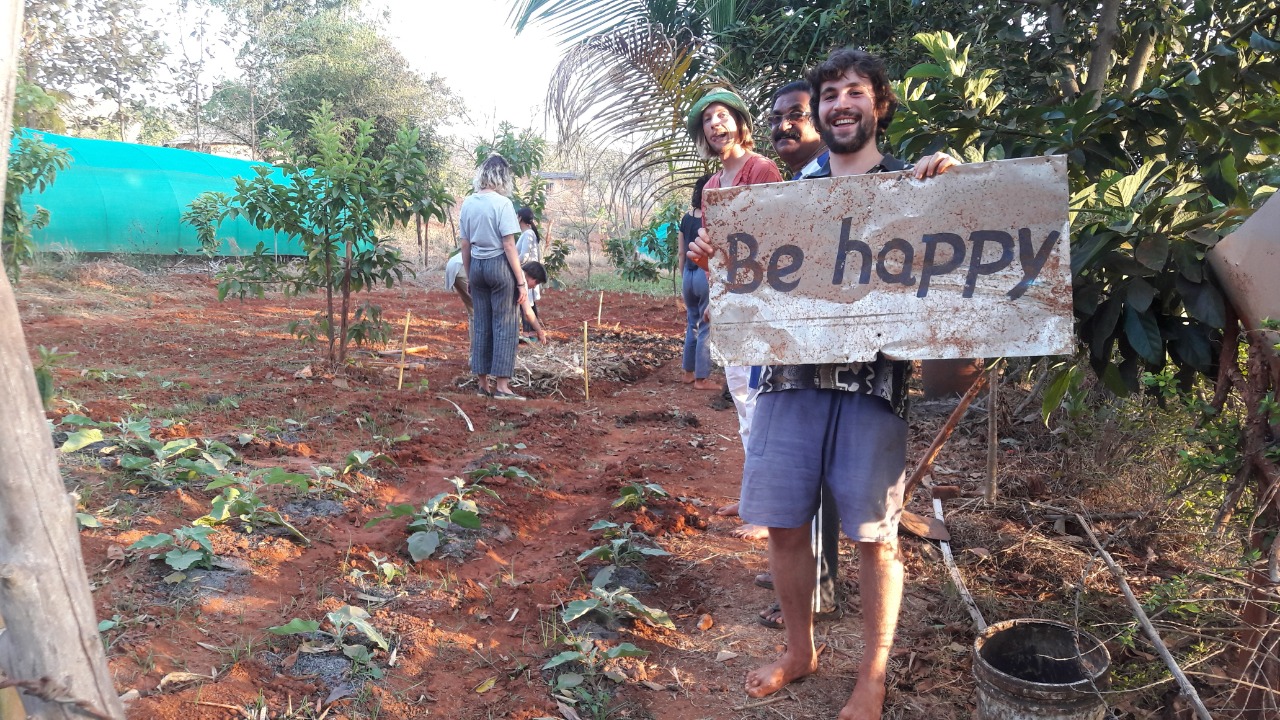
Permaculture provides you with the toolkit to create the world you dream of living in.
Permaculture is a philosophy and practice of ecological design that doesn't tell you what to do - it teaches you how to think. In the study of Permaculture, we challenge the current paradigm of where our food and water come from, the way we are constructing our villages and towns, and how we live our day-to-day. At Moksham, our Permaculture Design workshops grads have gone on to become change-makers all over the world, designing their own land projects, founding eco-communities, redesigning their businesses, spearheading policy change and continuing to teach the permaculture principles and ethics.
Just by visiting Moksham, you'll get an immersion into the world of permaculture design - and if you want to deepen your understanding and education we offer trainings and workshops:
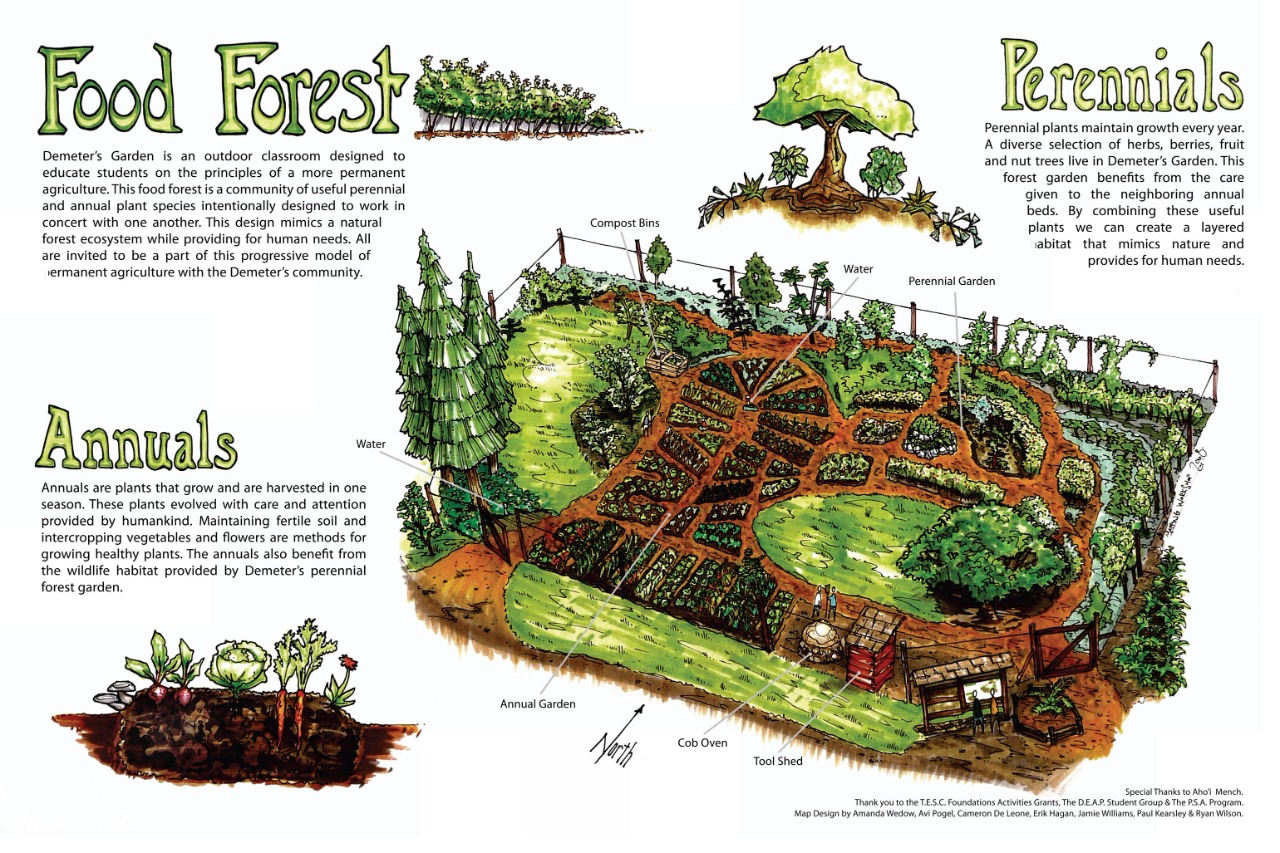
Grey-water systems are installed in the Moksham cafe, Washrooms, and some private cottages. These systems reuse water from kitchens and showers for irrigation. Water is also conserved through the use of swales and retention lagoons. Rainwater is returned to the aquifer by using the natural features of the land to reduce erosion.
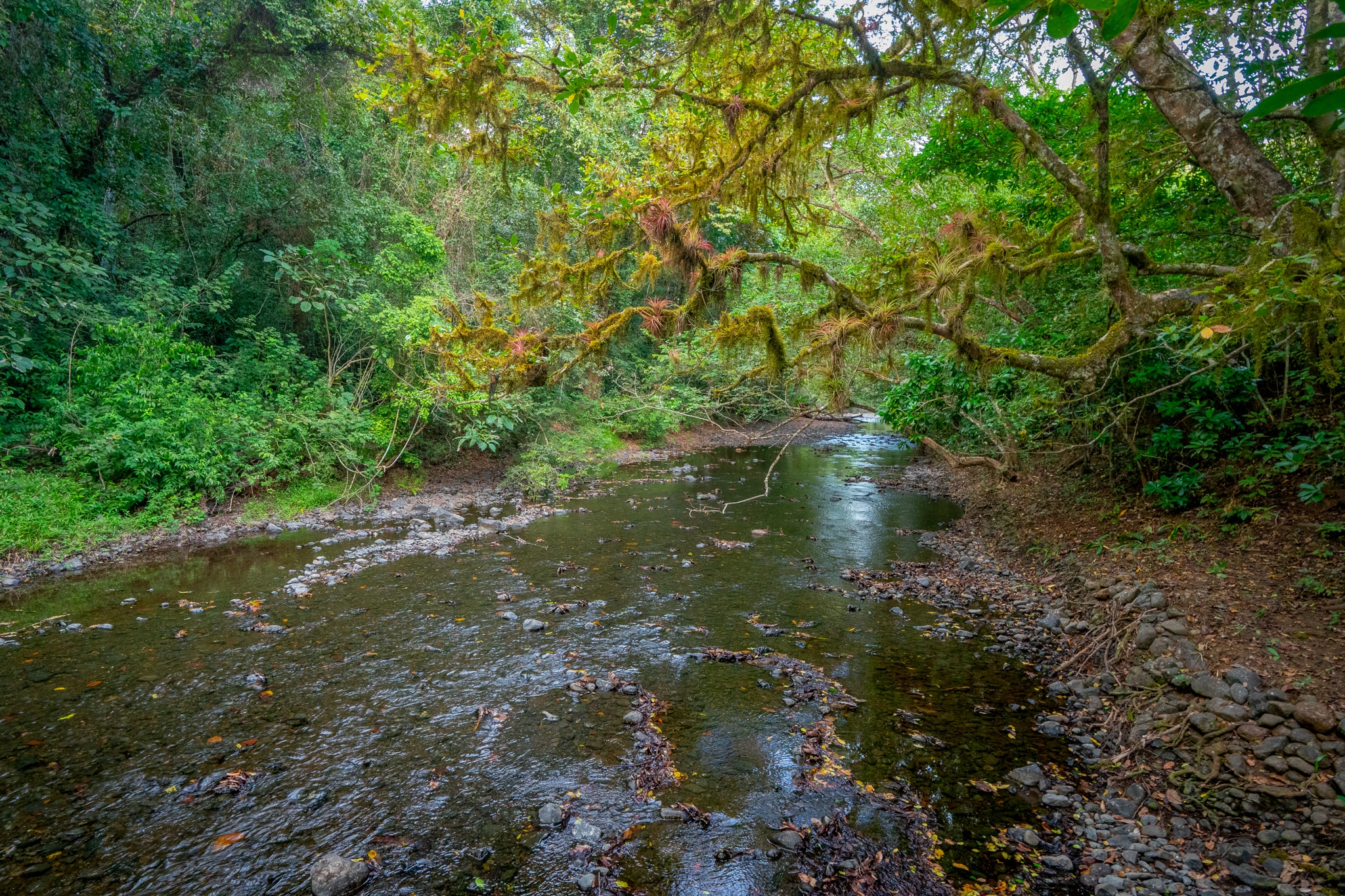
State Forest Departments and NGOs from local communities visit and educate Moksham on planting and restoring native and endangered species of plants and trees. The intention is to create a more hospitable environment for the native wildlife populations (from birds and insects, to monkeys, and other wild animals) to be restored and the forest ecosystem to thrive.
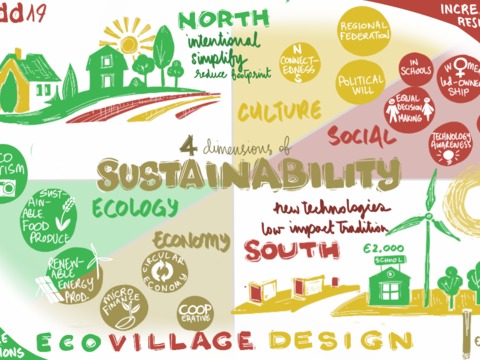
Moksham conducts Eco activities program regularly in order to share the responsibility with the future generations. The youth and children maintain their own garden, take initiative for planting nature with local communities, and spend a lot of time in nature interacting with the earth and nurturing a connection and reverence for the natural life all around.
